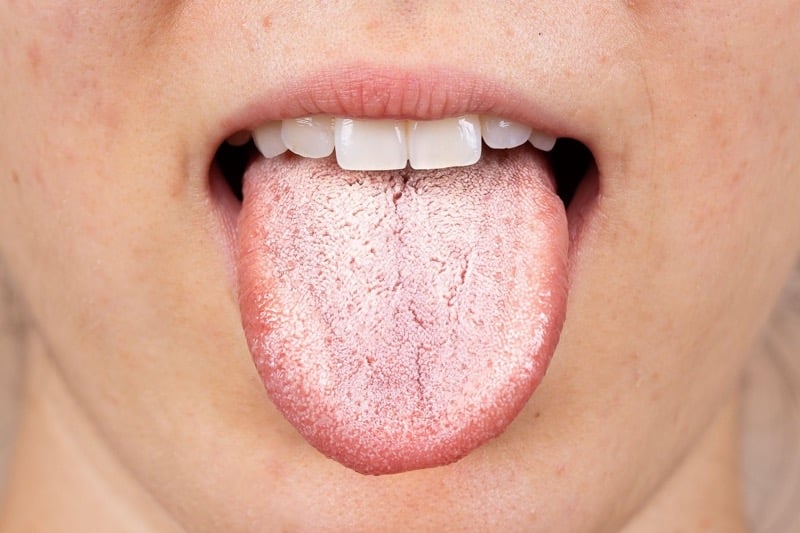Candidiasis is a fungal infection caused by a yeast called Candida. There are many different species of Candida, but the most common one that causes illness in humans is Candida albicans. Usually, Candida lives on the skin and inside the body without causing any immediate danger to health. However, if there is an overgrowth of this fungus, it can lead to candidiasis. In people with weakened immunity, candidiasis can occur throughout the entire body.
Yeast is a type of fungus that is present in the bodies of humans and other animals. In small numbers, yeast is not harmful and can help break down food. However, when yeast grows out of control, it can cause infections and other problems. Several factors can increase the chance of the yeast growing out of control, a common one being the overuse of antibiotics.
Other risk factors for yeast overgrowth include diabetes, pregnancy, and a weakened immune system. If you think you have a yeast infection, it is essential to see a doctor so that you can get treated. Yeast infections can lead to more serious health problems if left untreated. Here are some of the most common symptoms associated with a candida infection.
Oral Thrush

Oral thrush is a condition that can occur when the yeast Candida albicans grows out of control in the mouth. This fungus is found naturally in the oral cavity, but it is usually kept in check by other bacteria.
However, certain factors can cause the yeast to multiply, leading to an infection. The most common symptom of oral thrush is white patches on the tongue and inside the cheeks. These patches are usually painless, but they can sometimes be sore. Other symptoms include redness, itching, and burning sensations in the mouth. In addition, the yeast can sometimes spread to other body parts, such as the esophagus or vagina.
Treatment for oral thrush typically focuses on restoring the balance of good bacteria in the mouth. Common treatments include antifungal medications, probiotics, and home remedies such as saltwater rinses and coconut oil. With treatment, oral thrush typically clears up within a few weeks. However, it is crucial to finish the entire course of treatment to prevent the infection from recurring.










